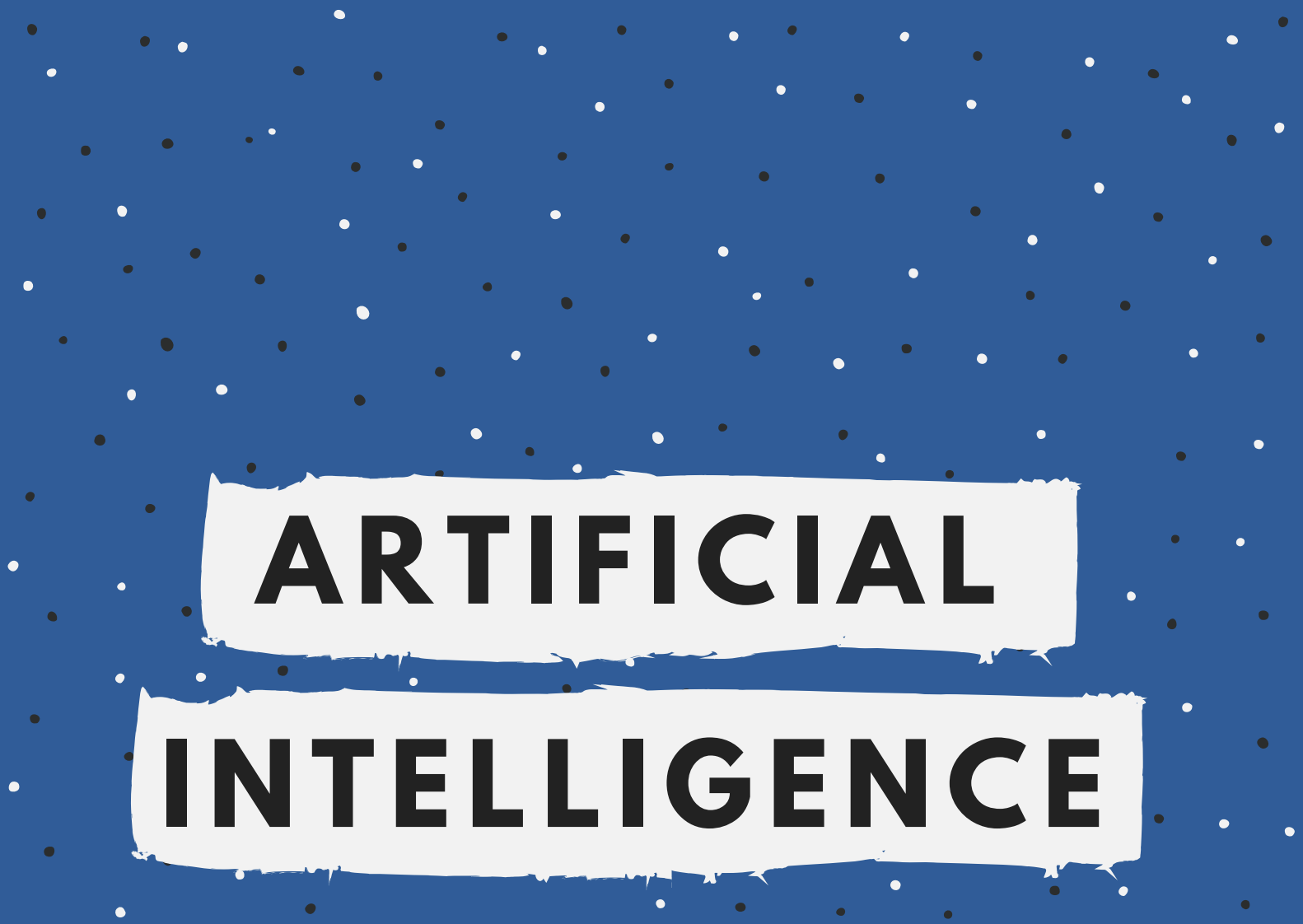[Book] Possibilities and challenges of AI for work and society

Artificial intelligence – Social Europe dossier
Social Europe Publishing
Berlin, August 2020
69 pages
Artificial Intelligence is permeating a wide range of areas and it is bound to transform work and society. This dossier, published by Social Europe Publishing in cooperation with the Friedrich Ebert Stiftung and the Weizenbaum Institute, addresses possibilities and challenges of AI. Above all, it asks what needs to be done politically in order to shape this transformation for the sake of the common good.
AI and work
AI has conjured up a dystopia of robots displacing human workers from employment. Some have predicted very large-scale job substitution but others question whether such a predetermined outcome can be envisaged: whether jobs are lost and how they are changed depends on whether workers are involved in the decisions that are made. Similar concerns apply to issues of recruitment and monitoring of workers: will AI data serve a “surveillance capitalism” or could it assist workers in the performance of their jobs if they have more power to influence the outcome?
- When machines think for us: consequences for work and place – Judith Clifton, Amy Glasmeier and Mia Gray
- Robots won’t make us redundant– Lars Klingbeil and Henning Meyer
- Using AI in the office for good work – Markus Hoppe and Nadine Müller
- Into a new era of work – Daniela Kolbe
- Made in Africa: African digital labour in the value chains of AI – Mark Graham and Mohammad Amir Anwar
- Capitalism’s mirror stage: artificial intelligence and the quantified worker – Phoebe Moore
- Designing AI tools to benefit workers – Florian Butollo
- Controlling the effects of AI on work and inequality – Christian Kellermann and Mareike Winkler
AI and society
AI raises wider questions about the society in which we live and that of the future. Market-research institutes foresee huge efficiency gains, but are these credible and, if so, how will such gains be distributed? Feminists and anti-racists have expressed concern that the algorithms on which AI depends unconsciously embed the social prejudices of their human authors. Issues of privacy and civil liberty surround the possession and control of the data mined by AI. How education must change so that citizens can feel empowered rather than alienated by AI is also at stake, as is the ever-present issue of where AI fits in meeting the existential challenge of climate change and biodiversity loss.
- AI: those are citizens marching, not robots – Miapetra Kumpula-Natri
- Explaining artificial intelligence in human-centred terms – Martin Schüler
- Artificial intelligence, healthcare and the pandemic – Selin Sayek Böke
- A European way towards sustainable AI – Reinhard Messerschmidt and Stefan Ullrich
- Machine learning should increase human possibilities – Elena Esposito



